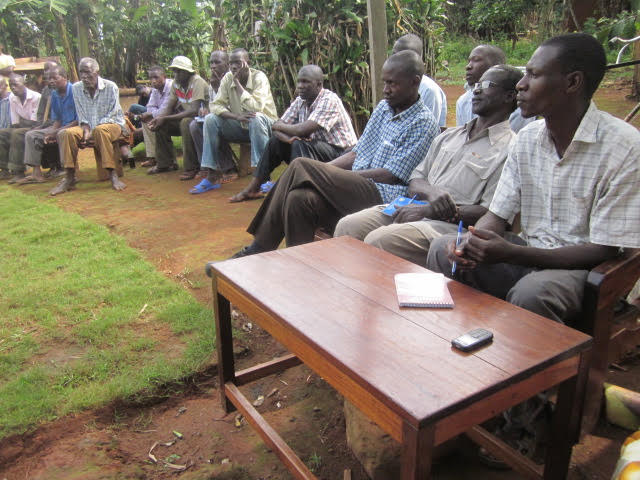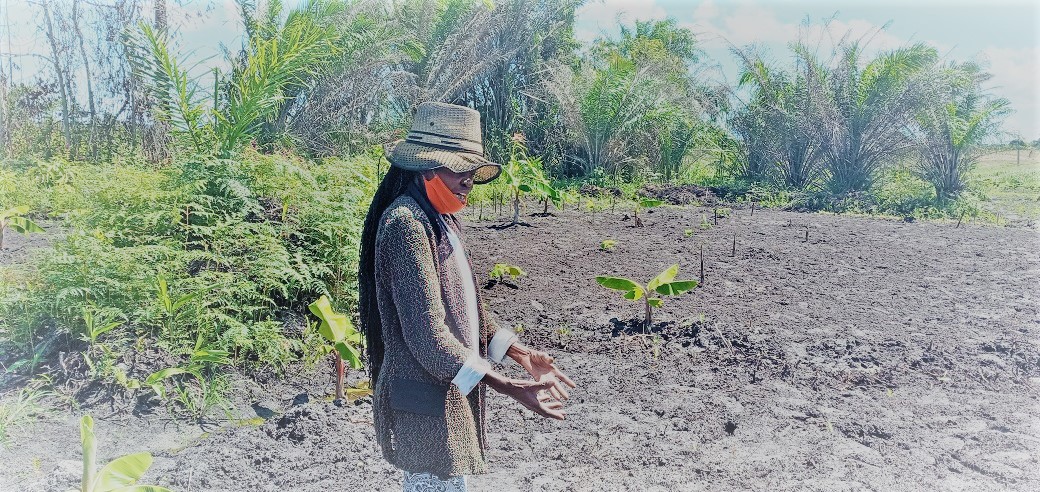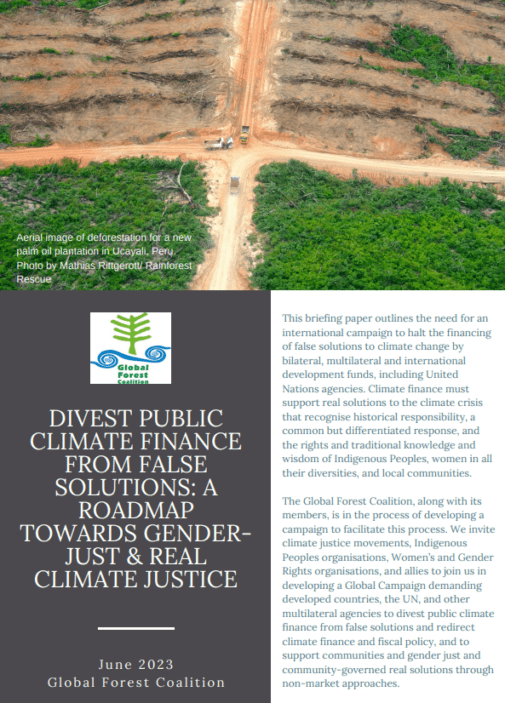CCRI’s power to bring forest and biodiversity friends together

By Kureeba David*
The Global Forest Coalition (GFC) has hatched an initiative called the Community Conservation Resilience Initiative (CCRI), whose main objective is to empower indigenous and local communities to be able to defend their rights and entitlements to their bio-cultural resources. It uses a bottom up approach inclusive of gender and vulnerability issues.
The assessment was initially undertaken in ten countries and during the meeting, all ten communities made presentations on their preliminary findings at the meeting, which was held in Durban, South Africa. This gave an opportunity for Global Forest Coalition members from all over the world to share information directly with one another, face to face. The representatives from communities highlighted the following challenges.
Firstly, there is a general misunderstanding by government leaders, especially in Africa, that indigenous communities are encroachers. The status of forests is often changed (making them into no-go protected areas or opening them up for land use change) without taking the needs of the inhabitants of those forests into account. Oftentimes local and indigenous communities that have lived in the forests for a very long time are evicted, including by governments and corporations engaging in carbon trading schemes.
Uncertainties and disputes over land tenure/ownership have continued to affect local communities, especially in Africa, where land is generally owned communally. This has triggered land grabbing and many local and indigenous communities have continued to lose their forests, land and biodiversity, and as such their livelihoods. Women and men have continued to be vulnerable in a situation in which investors and governments are commodifying and selling community resources. This is often done in the name of economic and social development.
The continued alienation of indigenous peoples, including by foreign influences, has continued to deprive communities of their food sovereignty and heritage, and there is a re-colonisation taking place, in the form of biopiracy—stealing natural resources and traditional knowledge, without returning benefits to the rightful owners of those resources and that knowledge. Food sovereignty has been particularly compromised, and the continued promotion of agrochemical use has also continued to affect the sustainability of pollinators, in turn driving further biodiversity loss.
Governments have also continued to marginalise local innovations, and this has affected the passing on of indigenous knowledge to the youth. This was a testimony from one of the elders from Uganda, Mzee Perez Nyangabyaki, who lives in the oil mining area. It was also noted that the youth have continued to relocate to towns in search of westernised jobs. They rarely come back to work in communities.
During brain storming sessions the community members and GFC members suggested the following strategies to address the challenges already indentified during the preliminary findings on community conservation resilience.
There is a need for continued sensitisation and awareness amongst communities and government to better understand the role that indigenous knowledge plays with respect to the conservation of biodiversity.
There is a need to repeal unfavourable laws that have continued to disadvantage communities’ conservation resilience. There is also a need to recognise the role of Indigenous peoples’ and community conserved territories and areas (ICCAs) in most countries, if the Aichi targets are to be achieved.
There is also a need to bring women into every decision making process as women are often the best conservationists since they are the ones who interact with the land and forests most of the time.
Bad governance, especially in Africa, has bred corruption, which in turn has resulted in the giving away of fragile ecosystems such as forests to investors, the loss of wetlands for reclamation, the destruction of water catchment areas, and the destruction or disrespect of buffer zones during development processes.
Generally the loss of fragile ecosystems/high value forests and other high value conservation areas is contributing to potentially irreversible climate change. Innovations such as plantations have nothing to do with addressing the impacts of climate change. Instead, they will exacerbate it, especially since many are put in place of natural forests.
*Project Officer Forests and Biodiversity, Coordinator Forests and Biodiversity Friends of the Earth groups in Africa and Regional Resource Person for Global Forest Coalition member groups in Africa.
National Association of Professional Environmentalists (NAPE)








